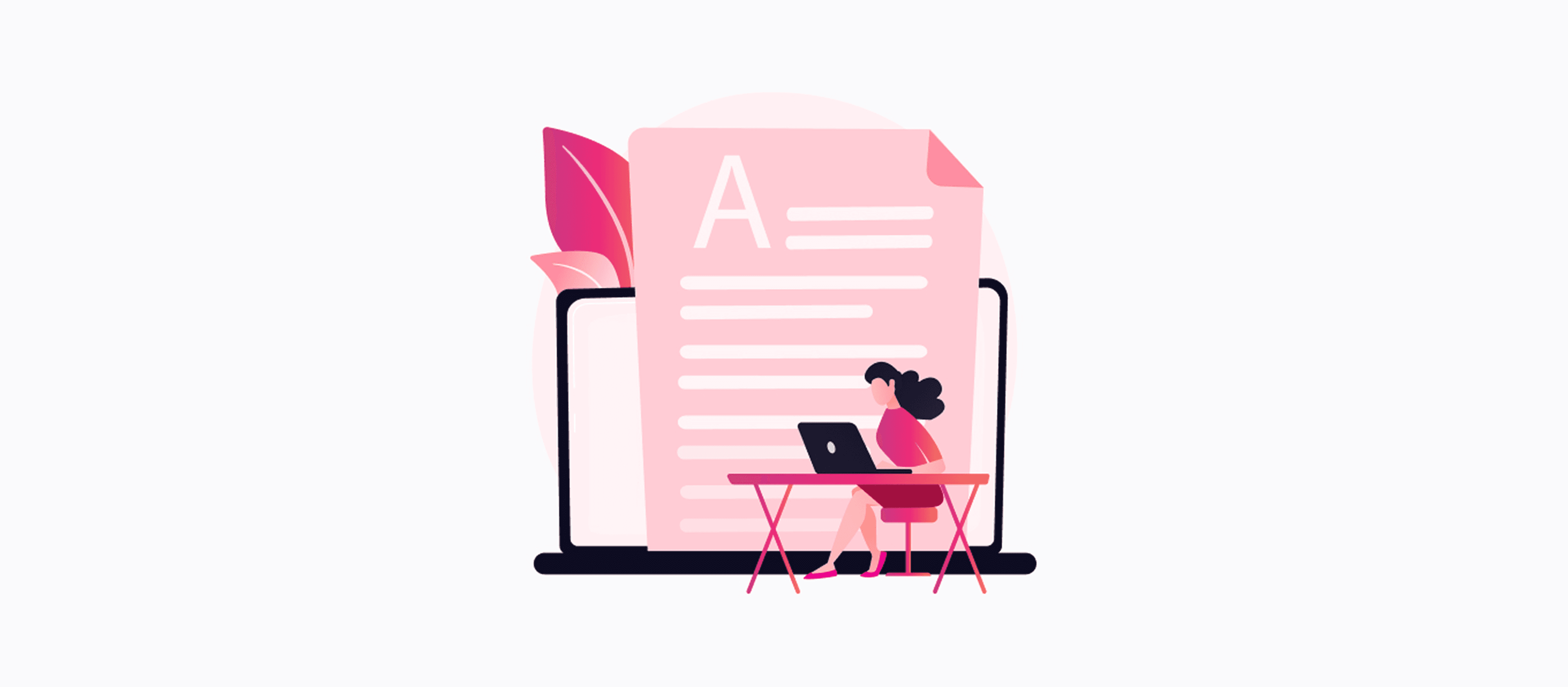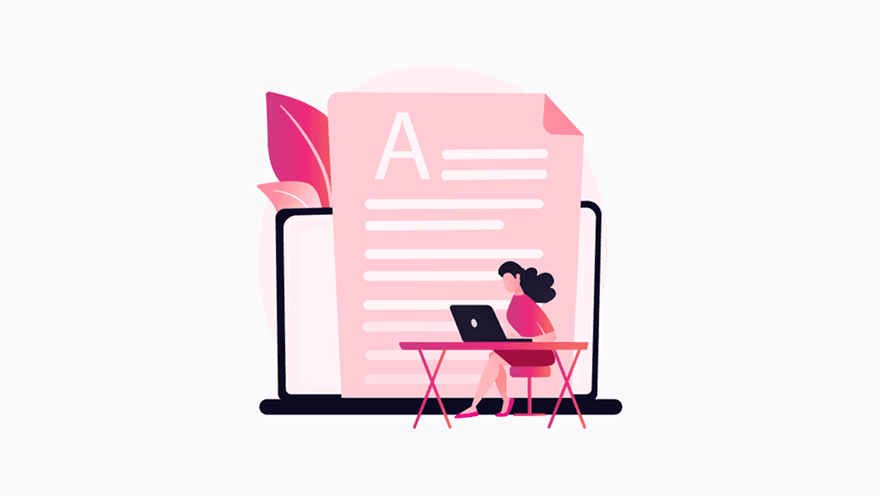Every industry is seeing an increase in web applications and websites. CSS or Cascading Style Sheet is essential in developing websites. Today, there is a huge demand for web developers who are experts in HTML and CSS because they tend to create cutting-edge and fashionable designs. CSS style sheet manages how the page's elements and contents look and are displayed. A uniform look and feel is created for all the pages using CSS.
The World Wide Web Consortium (W3C) developed and continues to manage CSS. It was initially made available on December 17, 1996. To add/enforce the new feature / specifications in all browsers, the CSS Working Group is currently collaborating with various browser vendors. The content and presentation can be separated using CSS. This division offers a great deal of flexibility and control over how the website must appear. This is the primary benefit of CSS.
The 3rd version of the CSS standard, CSS3 or Cascading Style Sheets Level 3, is used to design and format web pages. CSS2 is incorporated into CSS3, along with some upgrades. The division of standards into various modules, which makes CSS3 simpler to learn and comprehend, is the primary change in CSS3.
To become a web designer, candidates must succeed in interviews. Usually, the following questions about CSS are asked during the interview.
Let's start with some of the fundamental CSS interview questions:
- List a few CSS frameworks.
- What does the universal sector mean to you?
- Describe how the ruleset is used.
- What is the CSS layout?
- What constitutes the CSS Box Model's components?
- Describe how CSS3 and CSS2 differ.
- How can CSS specifically be incorporated into an HTML page?
- Describe a few benefits of CSS.
- What does RGB stream mean?
- Why did CSS have to be created?
- How are a class and an ID different from one another?
Interview questions for intermediate CSS:
-
Define z-index first.
-
What advantages do CSS Sprites offer?
-
How can you style both h3 and h2 targets similarly?
-
List the media types that CSS supports.
-
How can CSS be used to limit the repetition of images?
-
What can you tell us about the property that controls image scrolling?
-
List a few font-related CSS properties.
-
Contextual selectors should be defined.
-
Describe how responsive web design works.
-
Describe the CSS nomenclature in general.
-
What are CSS's restrictions?
-
How can CSS be incorporated into a webpage?
-
What various CSS selector types are there?
-
What is a CSS Pre-processor? Why do people use Sass, Less, and Stylus?
-
What does CSS's VH/VW (viewport height/viewport width) property mean?
-
What is the difference between resetting and normalising CSS? What distinguishes them from one another?
Your interviewer will likely ask you these questions. Give thoughtful, complete responses. For your preparation, you can also check out HTML-CSS training. A thorough knowledge of cascading style sheets in HTML would help you ace your interview. All the best!
If you want to learn more about CSS, Glow & Lovely Careers (formerly Fair & Lovely Career Foundation) can provide tips, expert guidance, and recommend online courses to help you get started.

